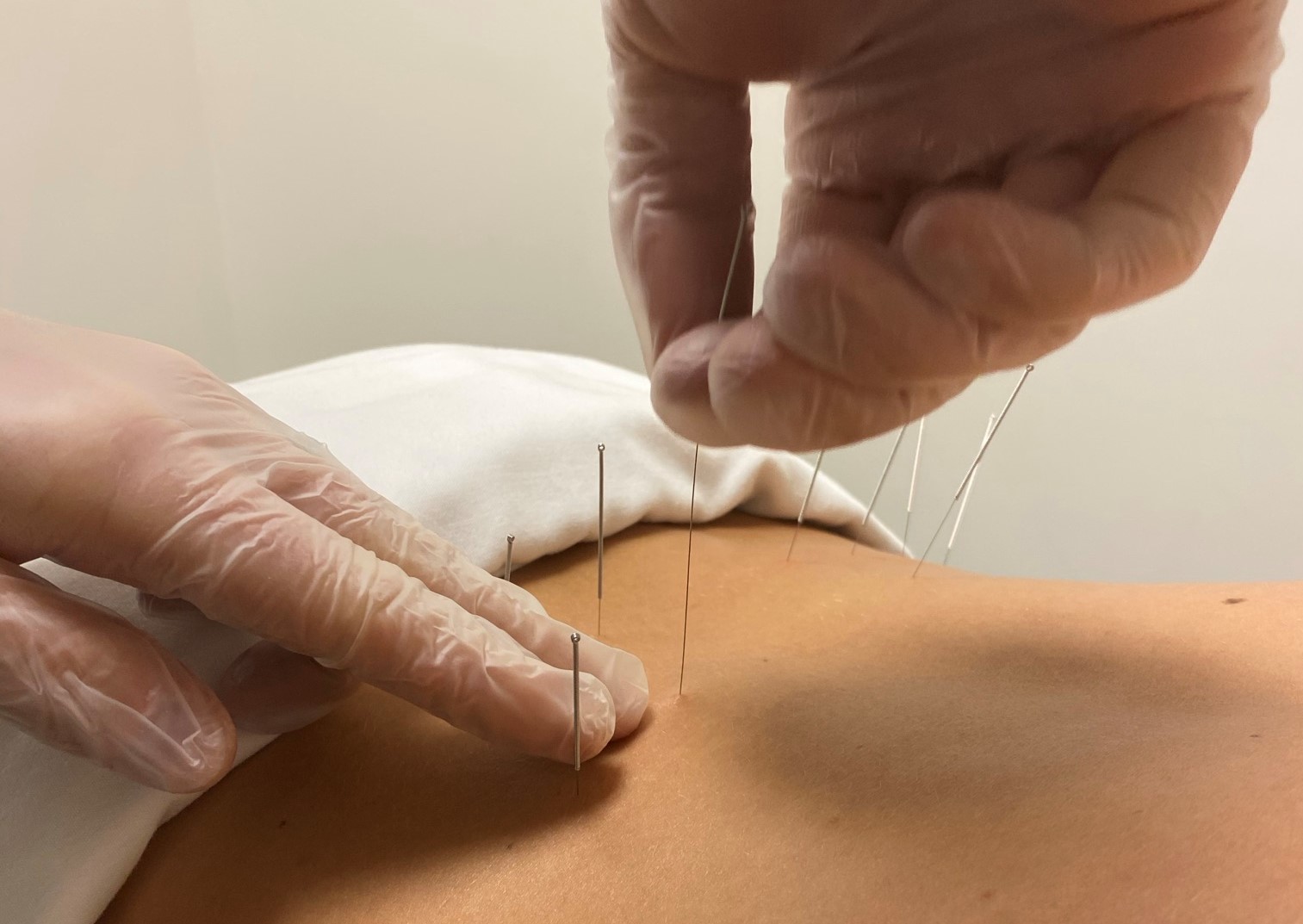
Image Source: Google
As a breastfeeding mom, it is crucial to maintain a well-balanced diet that includes essential electrolytes. Electrolytes are minerals in your body that have an electric charge. They are essential for various bodily functions, including muscle contractions, nerve function, and hydration. While breastfeeding, your body's demand for certain electrolytes increases to support milk production and overall health.
In this article, we will discuss the essential electrolytes that breastfeeding moms need to include in their diet to support optimal health and breastfeeding success. If you are looking for electrolytes for breastfeeding mothers, you may visit this site.
The Importance of Electrolytes for Breastfeeding Moms
Electrolytes play a vital role in the overall health and well-being of breastfeeding moms. Here are some reasons why electrolytes are essential:
Hydration
- Electrolytes help maintain proper fluid balance in the body, which is crucial for staying hydrated, especially while breastfeeding.
- Dehydration can affect milk production, so it is important to stay well-hydrated by consuming electrolyte-rich foods and drinks.
Muscle Function
- Electrolytes such as potassium, sodium, calcium, and magnesium play a key role in muscle contractions and overall muscle function.
- During breastfeeding, your body may require more electrolytes to support the increased energy demands and muscle function.
Nerve Function
- Proper levels of electrolytes are crucial for nerve function and communication within the body.
- Ensuring an adequate intake of electrolytes can help prevent muscle cramps, numbness, and tingling sensations.
Essential Electrolytes for Breastfeeding Moms
Here are the essential electrolytes that breastfeeding moms should include in their diet:
1. Potassium
- Potassium is a crucial electrolyte that helps regulate fluid balance, muscle contractions, and nerve function.
- Good food sources of potassium include bananas, sweet potatoes, avocado, spinach, and yogurt.
2. Sodium
- Sodium is essential for maintaining fluid balance and blood pressure in the body.
- While it is important not to consume excessive amounts of sodium, a moderate intake is necessary for overall health.
- Good food sources of sodium include sea salt, olives, pickles, and celery.
3. Calcium
- Calcium is vital for bone health, muscle function, and nerve transmission.
- Good food sources of calcium include dairy products, leafy greens, almonds, and fortified foods.
4. Magnesium
- Magnesium plays a role in muscle relaxation, energy production, and bone health.
- Good food sources of magnesium include nuts, seeds, whole grains, and dark leafy greens.
5. Chloride
- Chloride is essential for maintaining fluid balance, digestion, and overall electrolyte balance.
- Good food sources of chloride include sea salt, tomatoes, lettuce, and celery.
Tips for Maintaining Electrolyte Balance
Here are some tips to help breastfeeding moms maintain proper electrolyte balance:
1. Stay Hydrated
- Drink plenty of water throughout the day to stay hydrated and support milk production.
- Include electrolyte-rich beverages such as coconut water or homemade electrolyte drinks.
2. Eat a Variety of Foods
- Include a variety of electrolyte-rich foods in your diet to ensure you are getting a good balance of essential minerals.
- Opt for whole, nutrient-dense foods such as fruits, vegetables, nuts, and seeds.
3. Consider Electrolyte Supplements
- If you struggle to get enough electrolytes from food alone, consider taking an electrolyte supplement recommended by your healthcare provider.
- Be cautious with supplement use and always consult with a healthcare professional before adding any new supplements to your routine.
4. Monitor Your Symptoms
- Pay attention to signs of electrolyte imbalance, such as muscle cramps, fatigue, dizziness, or irregular heartbeats.
- If you experience any concerning symptoms, consult with your healthcare provider for proper evaluation and guidance.




